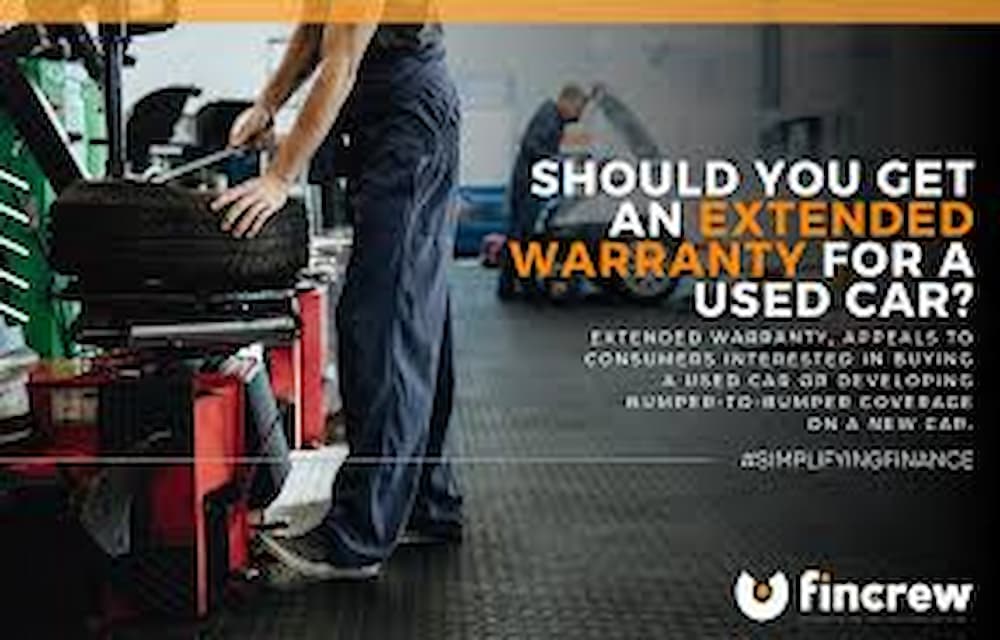Related Articles
Buying a used car can be a smart financial decision, but it often comes with uncertainties regarding the vehicle’s condition. A warranty can provide peace of mind and protect you from unexpected repair costs. Here’s a comprehensive guide on how to get a warranty on a used car, ensuring you make a secure purchase.
Understand the Types of Warranties
Manufacturer’s Warranty
When purchasing a used car, check if any portion of the original manufacturer’s warranty is still valid. Many new cars come with warranties that last several years or up to a specific mileage limit. If the car is relatively new and hasn’t exceeded the mileage limit, you might still be covered.
Dealer Warranty
Some dealerships offer their own warranties on used cars. These can vary widely in terms of coverage and duration. Dealer warranties often cover major components like the engine and transmission but may exclude certain parts or services.
Extended Warranty
Extended warranties, also known as service contracts, are available for used cars and can be purchased separately. These warranties extend the coverage beyond the manufacturer’s warranty and can be obtained through various sources:
- Dealerships: Many dealerships offer extended warranties at the time of purchase. These can be convenient but may be more expensive.
- Third-Party Providers: Companies specializing in vehicle warranties offer a range of plans. Research different providers to find one that suits your needs and budget.
How to Obtain a Warranty
Check Existing Coverage
Before purchasing a warranty, verify if the car is still under its original manufacturer’s warranty. You can usually find this information in the car’s owner’s manual or by contacting the manufacturer directly with the vehicle identification number (VIN).
Review Dealer Offers
If you’re buying from a dealership, inquire about any warranty options they provide. Compare the terms and conditions with other warranties to ensure you’re getting a good deal. Pay attention to the coverage limits, deductibles, and what’s included in the warranty.
Research Extended Warranties
If you’re considering an extended warranty, compare different plans from various providers. Look for reviews and ratings to gauge the reliability of the warranty company. Key factors to consider include:
- Coverage: Ensure the warranty covers critical components such as the engine, transmission, and electrical systems.
- Deductibles: Understand any deductibles that may apply when you make a claim.
- Claims Process: Review the claims process and ensure it’s straightforward and customer-friendly.
Negotiate the Terms
When purchasing a warranty, don’t hesitate to negotiate the terms. Whether you’re buying from a dealership or a third-party provider, you may be able to get a better deal or additional coverage by negotiating.
Important Considerations
Read the Fine Print
Always read the warranty terms and conditions carefully before signing any agreements. Pay attention to exclusions, coverage limits, and any obligations you must meet, such as regular maintenance.
Verify the Warranty Provider
Ensure that the warranty provider is reputable and has a history of honoring claims. Research the company’s track record and read customer reviews to avoid potential issues.
Understand Maintenance Requirements
Some warranties require that you adhere to specific maintenance schedules to remain valid. Keep detailed records of all maintenance and repair work performed on the vehicle to prevent disputes.
Know Your Rights
Familiarize yourself with consumer protection laws related to warranties in your area. Understanding your rights can help you resolve any disputes that may arise with the warranty provider.
Conclusion
Getting a warranty on a used car can be a valuable investment, providing peace of mind and financial protection. By understanding the types of warranties available, researching your options, and carefully reviewing the terms, you can make an informed decision that suits your needs. Whether you choose a manufacturer’s warranty, dealer warranty, or extended warranty, ensure you’re well-informed and prepared for any potential issues with your vehicle.
With these essential tips, you can confidently navigate the process of securing a warranty on your used car and enjoy the benefits of added protection for your investment




